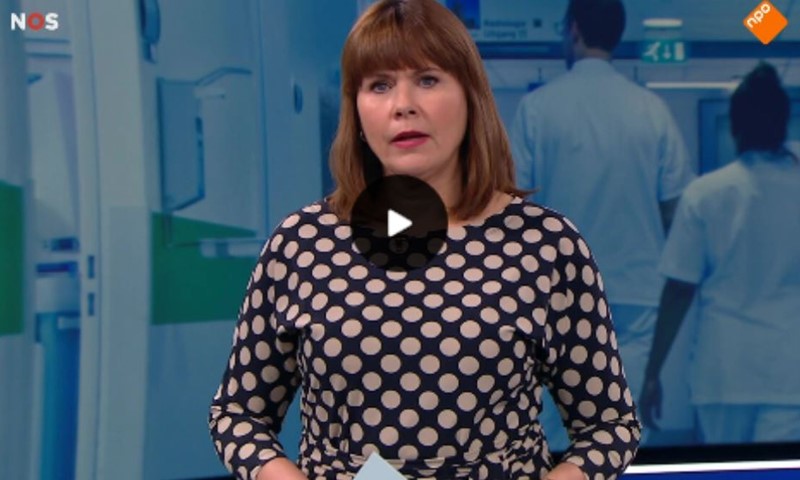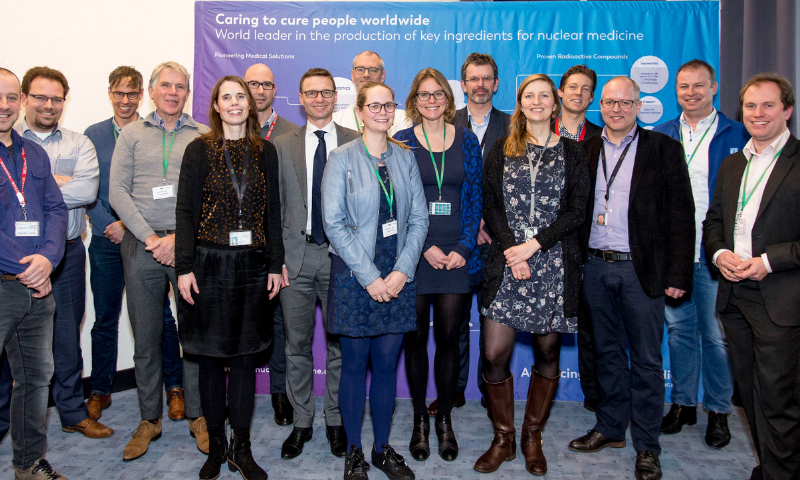FIELD-LAB
FIELD-LAB is a wonderful example of constructive cooperation
10 February 2019
The plans for FIELD-LAB in Petten are really starting to take shape and there are lots of people who can't wait to contribute to this special initiative. Sander de Groot, senior programme manager Medical Isotope Development (Irradiation Solutions dept.) explains why FIELD-LAB is so important for the future of medical isotopes with respect to diagnosis and treatment and for the region.
The development of a medical product or medicine is a lengthy process. It often starts at an institute or university which makes a potentially interesting 'discovery'. Extensive testing then has to be performed in various phases. For example, to start with, we need to establish whether the substance or molecule works. If that is the case, then - usually in a small group of selected patients - we check what dosage is required. Once thatis clear, the substance or molecule can be studied in a larger group of patients and/or control group, where it is compared, among other things, with the placebo or another standard therapy.
Read More
Contact NRG
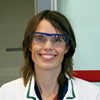
Karlijn van der Schilden
R&D Manager Medical Isotopes
“Obviously we can't do this alone. We are in close contact with various universities and start-ups, which are all very enthusiastic about the idea and the possibilities.“
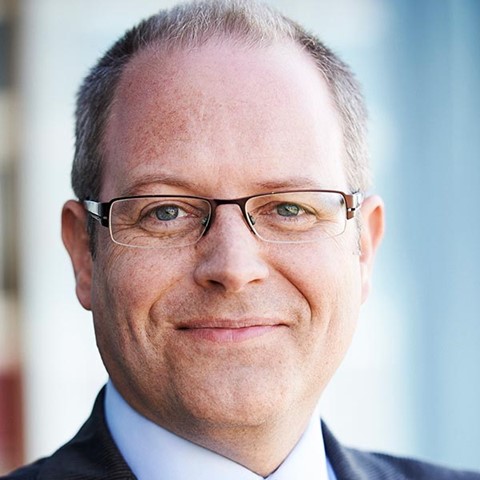
The basis of FIELD-LAB
For isotopes, the process from discovery to application is generally the same in practice. However, there are two current developments which make the production of isotopes much more complicated, says De Groot. "In the coming years, a huge growth in the use of isotopes for therapy is expected. Furthermore, the production of isotopes requires a specific infrastructure equipped with a reactor and a nuclear environment which is not always readily available."
These developments led to the idea of FIELD-LAB, a partnership in which companies and knowledge institutions such as hospitals and research institutes work together to turn academic knowledge into innovative nuclear oncological medicines. De Groot: "FIELD-LAB emerged from a combination of circumstances which are all interesting. We're already the biggest supplier of medical isotopes all over the world so it would therefore be wonderful if we could help accelerate the development of promising isotope therapies.
Special subsidy application
For the development of FIELD-LAB, a European subsidy for regional development was requested and awarded. De Groot explains why this path was chosen: "New isotopes for diagnostic and therapeutic purposes can take ten to fifteen years to develop. Besides this lengthy period, there's also a big risk that the product doesn't do what was expected. It's therefore difficult to make a business case for an investment in such product development.
But if a product is successful, the positive impact on those involved, the region and society is massive. The aim of FIELD-LAB is to help new products through the difficult development phases. The government therefore felt that FIELD-LAB was an important initiative - both at local and national level - which deserves support."
Location of FIELD-LAB
The infrastructure used by FIELD-LAB and which will be created for FIELD-LAB is based in various locations on the Petten site. Existing infrastructure, such as hot cells and radiological laboratories, will be used for exploratory research. New infrastructure will be created in the Jaap Goedkoop lab which is now being built. A logical site, says De Groot: "The ground floor is being designed so that we can fulfil the very highest quality standards for the manufacture of medical products. Clean rooms will be built here, to which new hot cells will be added. Because this FIELD-LAB facility will only manufacture small volumes of material for clinical studies, this activity will also fall within the building's existing permit conditions, thus facilitating implementation."
Isotope production will take place in compliance with the Good Manufacturing Practices (GMP), a quality assurance system that guarantees the highest level of quality during the manufacture of medicines. Finally, De Groot explains that FIELD-LAB is a unique collaboration: "Obviously we can't do this alone. We are in close contact with various universities and start-ups, which are all very enthusiastic about the idea and the possibilities."
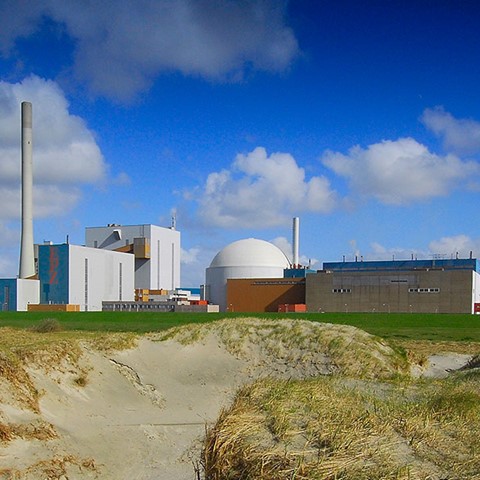
Important role of isotopes in diagnosis and treatment
The enthusiasm of the parties involved for FIELD-LAB and the opportunities it offers is very understandable given the expected increase in the use of isotopes for both diagnosis and treatment. "The ability to use isotopes to diagnose certain forms of cancer has risen enormously," says De Groot. For many years, research has been conducted into molecules which specifically attach to cancer cells. When a (harmless) isotope is attached to such a molecule and given to the patient, a scan can then show whether cancer is present and if so where in the body."
In the same way, however, a harmful isotope can also be attached to a molecule which is able to destroy cells. This makes it a therapeutic treatment. "If you can target cancer cells very precisely with that molecule+isotope, you can treat it very specifically with minimum side effects. That's very different from chemotherapy, for example, which not only destroys cancer cells but also healthy tissue and which can therefore come with a long list of (serious) side effects."
More publications
On the 3rd of February more than 2,6 million people in the Netherlands watch the NOS news at 8 p.m., which features an item on the growing number of cancer patients in the Netherlands.
The official launch of FIELD-LAB took place on February 6, 2019 in Petten. A unique collaboration to benefit a wide range of patients.
More information?
Do you wish to learn more on medical isotopes and how FIELD-LAB can help you? Get in touch with us!


